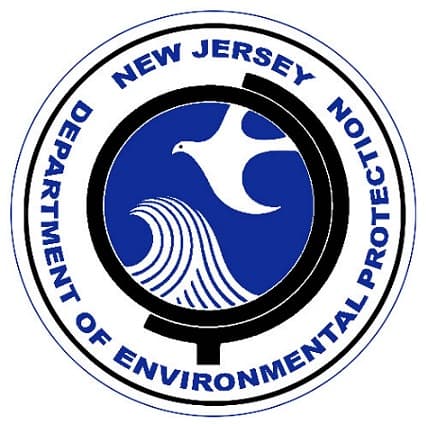New Jersey’s Delaware Bay Shellfish Beds Reopened
OutdoorHub 11.12.12

The Department of Environmental Protection will reopen shellfish beds in Delaware Bay that have been closed as a precaution since Oct. 30 as a result of Hurricane Sandy, Commissioner Bob Martin announced today.
Commissioner Martin is signing an order reopening the beds in Delaware Bay from Cape May Point to Lower Alloways Creek at sunrise on Monday following water monitoring and tissue sampling that found no issues with bacteria contamination as a result of the storm.
The DEP is reviewing water monitoring data from Atlantic coastal waters from Barnegat Inlet south to Cape May Point and expects to soon make a decision on reopening those shellfish beds within several days.
If the results of shellfish tissue testing show that there are no issues with viruses or bacteria, additional shellfish beds will be reopened.
Beds in the Raritan Bay-Sandy Hook area remain closed until further notice due to ongoing discharges of partially treated and untreated wastewater resulting from storm damage to treatment plants and pump stations. Shellfish beds in Barnegat Bay north of Barnegat Inlet also remain closed due to elevated levels of bacteria resulting from stormwater runoff.
The DEP is continuing to monitor water quality and will make a determination on reopening shellfish beds in these areas when appropriate.
“The shellfish industry is very important to the state, supporting some 5,800 full-time jobs and pumping $876 million into the economy,’’ Commissioner Martin said. “I commend the industry for working cooperatively with us to protect public health during one of the greatest periods of crisis New Jersey has ever faced. We will continue to work with the industry to reopen all of our shellfish beds as soon as it is safe to do so.’’
The DEP monitors more than 720,000 acres of commercial shellfish beds in the state’s ocean waters and estuaries as well as all recreational harvesting. Bivalves in these beds such as clams, oysters and mussels are filter feeders that can accumulate harmful bacteria carried into waterways.
The DEP works with the New Jersey Department of Health and U.S. Food and Drug Administration to ensure that shellfish are safely harvested in state waters. The New Jersey Department of Health Food Safety Program regularly inspects shellfish processing plants to ensure they follow regulations that outline health and safety precautions. Shellfish samples are regularly collected from harvest areas, certified shellfish dealers and retailers for bacteriological examination.
The program oversees a certification program which requires all wholesale shellfish dealers to handle, process, and ship shellfish under sanitary conditions and maintain records verifying that the shellfish were obtained from approved areas.
For more information, including a map of reopened shellfish beds, visit: http://www.nj.gov/dep/wms/bmw/sandy.html

